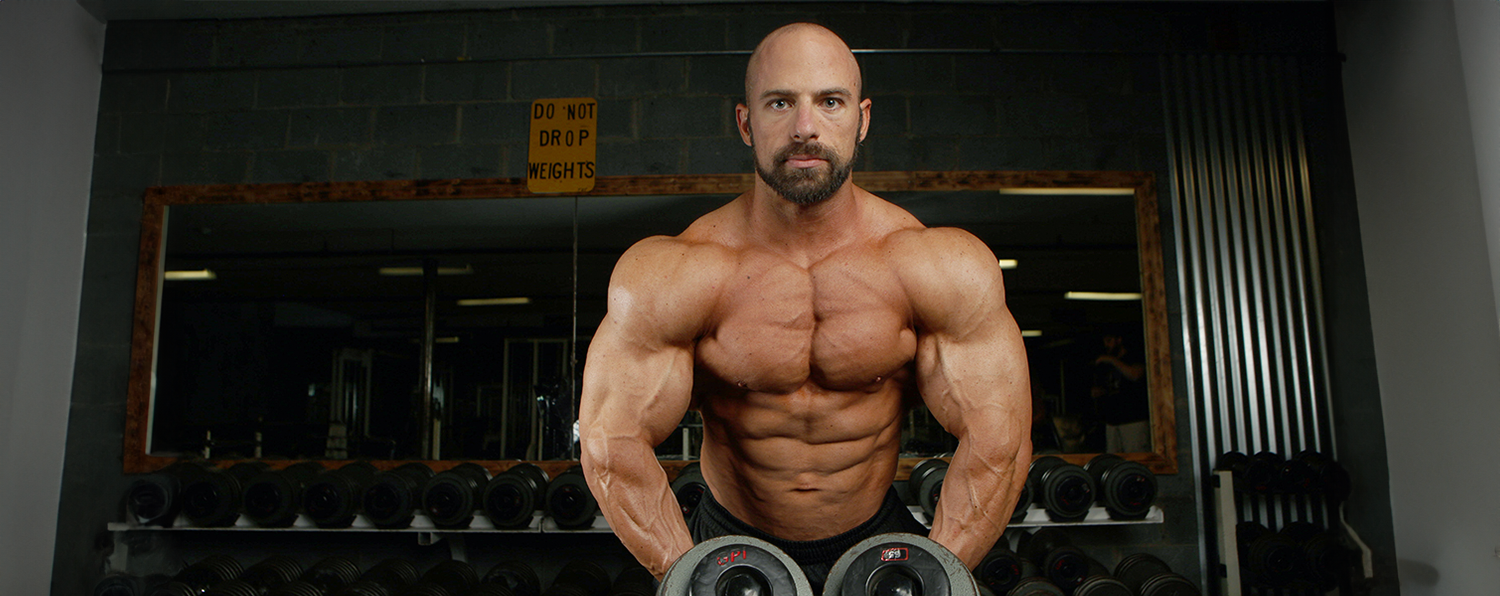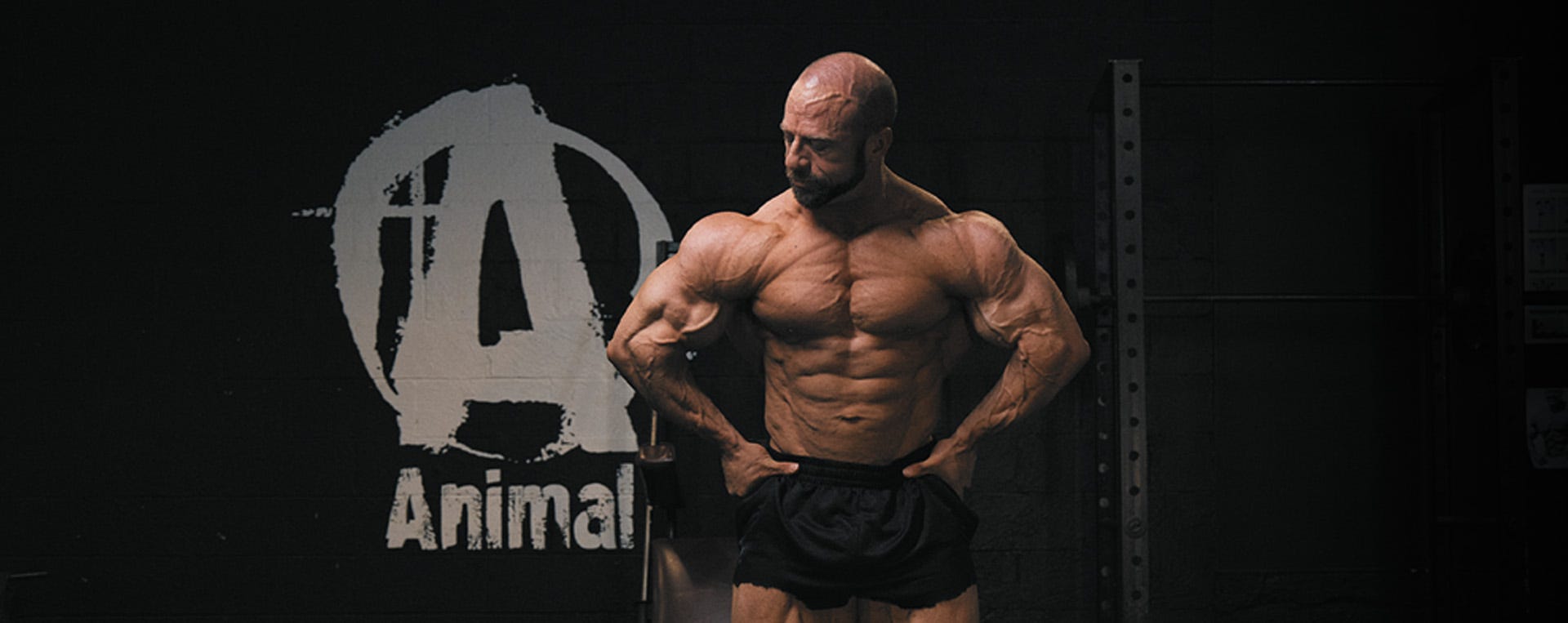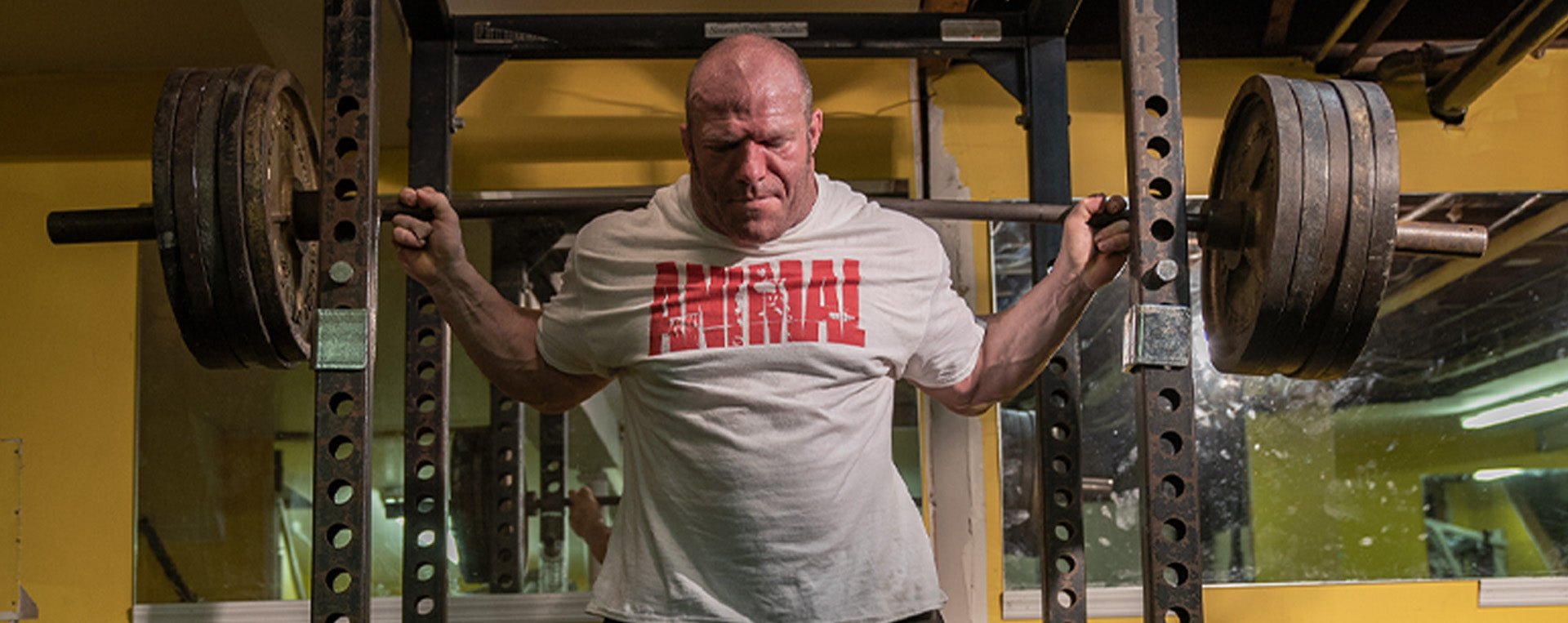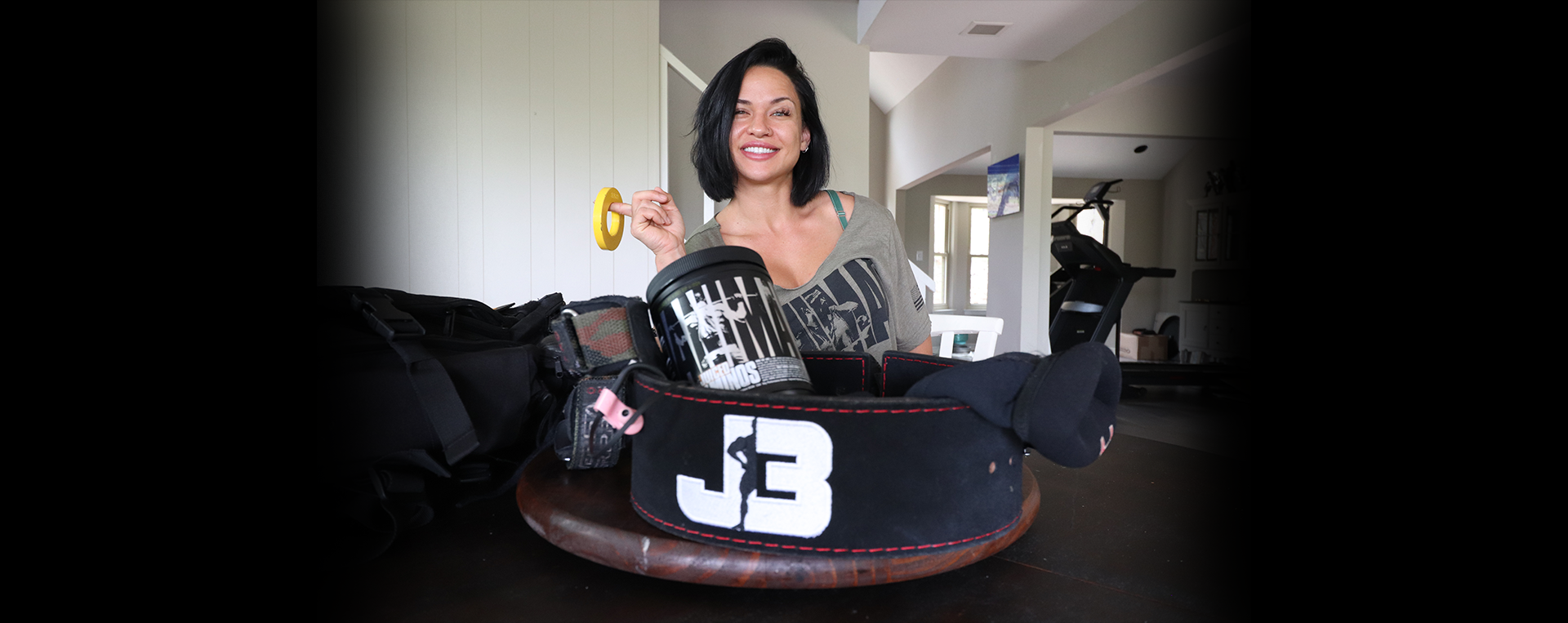https://www.youtube.com/playlist?list=PL0H2Ew9jrOTWTWWaDe2enzKIqSbdcpsfV
1. Know Your Why
You must have a goal if you are reading this, but I want to know why you have that goal. The “why” is of the utmost importance. A weak “why” creates weak motivation and discipline. A strong “why” gives you purpose and passion. The deepest burning motivation comes from within; it is something you want so badly no one can influence you otherwise. Imagine if no one knew or saw what you did, and you worked in isolation. Would you still be doing this contest prep? For many I doubt it. Keep asking yourself why until you get down to the deepest emotional level of why you want something. You may be using your goal to avoid a negative emotion or to seek more of a positive emotion. I’ve had a mix of both during different parts of my life.2. Believe In Yourself
If you don’t believe you can accomplish this goal, then you won’t. Set the goal and tell yourself out loud that you will succeed. Tell yourself this every day you wake up. This breeds positive attitude. Shun all negative thoughts about yourself. I have people tell me repeatedly in prep how they have stage fright and they are going to mess up on stage. They set their beliefs before they even got to the stage. They visualize this failure happening in their minds. What do you think will happen on show day? Belief starts with positive thoughts and self-talk. Write it on the wall so you see it every day if needed. Start visualizing yourself achieving your goal and executing it flawlessly. Sense the emotion of gratification—make it feel like it is real.3. Focus On Yourself
You are going to have to block out some external influences. If you are surrounded by negative influences, it is going to limit the belief you have in yourself. Looking to others for inspiration or as a resource for your own growth is fine and encouraged. However, it is when you start comparing your own success to others that this could become counterproductive, making you shift to a negative mindset of failure or inadequacy. Block out anything that doesn’t contribute to your positive mindset. Focus on yourself more. Remember where you started, see how far you have come, and visualize how far you will go.4. Accept Obstacles
Pursuing a challenging goal will become uncomfortable. You will face and have to work through obstacles and hard situations. The most natural human response is to avoid discomfort and pain. Although the reasons mentioned above should help you develop the grit you need to fight through these things, knowing ahead of time that bettering yourself should feel hard and uncomfortable can also reassure you that you are on the right path. A diet might make you hungry and training can make you sore, but all those uncomfortable things are part of the process of change. You might not only face physical obstacles, but emotional obstacles as well. Know that emotional struggles will happen—many chose to succumb and crumble to them. Embrace the pain and you will make it out the other side.5. Develop a Growth Mindset
You must open yourself up to change. Believing that you have acquired all the skill, talent, and knowledge that you need limits your achievements to only what you allow within that mindset. This is called a fixed mindset and doesn’t allow for growth to happen; the kind of growth which will lead to you becoming something greater. It’s okay to recognize your skills, talents, and education, but seek out more. The moment you think you know it all is the moment you stop learning. Continuing to learn sometimes requires the humbling of your pride and ego. Build a team that can challenge you in a constructive way and can push you to learn.Whether you are entering contest prep, off-season, or a new area of your life, the tips above can help you develop a mindset for success. Understand yourself. Clearly know the “why” and that will lead you to knowing the “how.”












